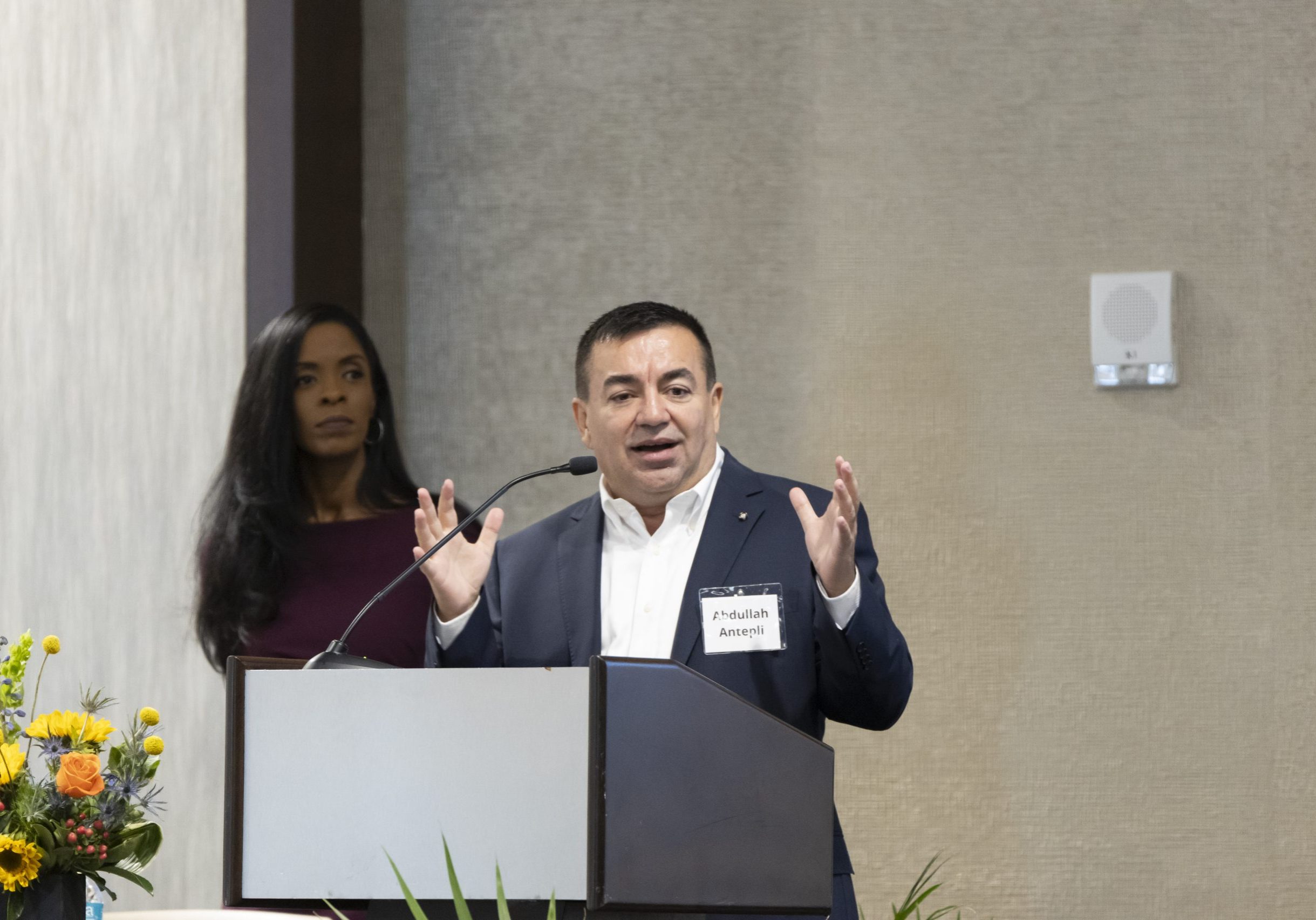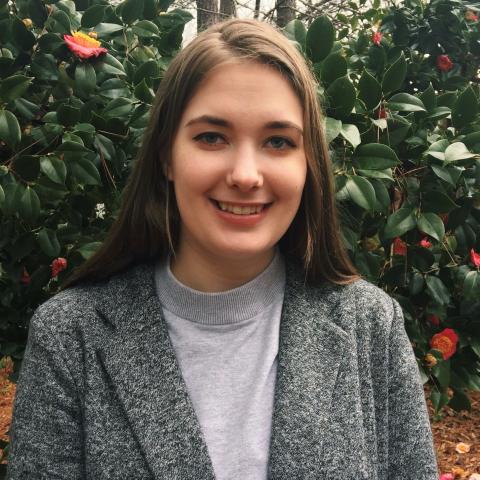
Combating Hate and Bias Recap:
Conference Chair Abdullah Antepli Gives Opening Remarks
Meg Bittle
Nov 29, 2023
Conference Chair Abdullah Antepli opened the Combating Hate and Bias conference on Monday, November 6, by imploring participants to show a united front against all forms of hate and bigotry. Abdullah Antepli is the Associate Vice President/Associate Vice Provost for Community Engaged Research and Teaching at Duke University and a faculty member at Sanford and Duke Divinity School. While he acknowledges and shares his disappointment that “every form of racism, hate, bigotry, words of exclusion and unwelcome is on the rise,” he is incredibly troubled that people are actually shocked. Bigotry is not a new concept, and he hopes this conference will reflect on the past and analyze the “internal, collective, immune system failures” that has continued to let hate and bigotry permeate in our society.
“Evil has two main tricks,” says Antepli. First, it “makes itself invisible” or “it distracts us with only marginal, clownish, violent elements and manifestations of hate.” He argues that evil is not only “burning crosses” more troublingly can be found “hiding within policies…within systems and structures of governance. Often evil hides itself not in the words of these policies, but between the lines…thrives through what is not being said” He continues, “our job is to unveil the veil” and to see racism, homophobia, antisemitism, and all forms of hate for what it is. Make it visible so we can be vigilant and morally alert against it”
Secondly, evil “forces us to compartmentalize hate. It says racism is a Black problem, antisemitism is a Jewish problem, homophobia is a LGBTQ problem, Islamophobia is a Muslim problem.” Instead, he asserts that society must show a united front against hate.
Antepli concludes his remarks by referencing the current turmoil and violence in Gaza and Israel. He argues, “if you are not shocked or dismayed, then you are not paying attention.” He states that the conflict is “spilling over into the United States and giving rise to antisemitism and islamophobia in numbers we cannot even imagine.” Antepli argues that we cannot have short-term and narrow strategies when looking for solutions to current instances of hate and bias without delving into the broader historical and political contexts behind these moments. “We cannot combat hate with the weather of the day, you have to understand the seasons of hate and its global manifestations.”



